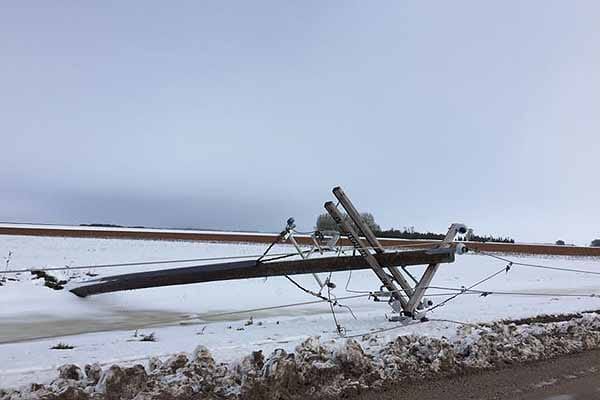Haiti, a nation steeped in history and culture, has once again found itself in the throes of violence and bloodshed after an attack on Vodou practitioners claimed the lives of over 200 people. The incident has sparked a wave of fear and concern across the country, with many questioning the role of religion and tradition as threats to the stability of Haiti.
The tragedy unfurled earlier this year as alleged assailants descended upon villages in the rural southern parts of the country, specifically targeting individuals associated with the voodoo belief system. Eyewitness reports and survivors recounted harrowing tales of how the attack unfolded, revealing a merciless and unrelenting assault that took the lives of both men and women, boys and girls.
Vodou, also known as Voodoo, is a distinct cultural and religious practice in Haiti, combining West African traditional folk beliefs, Roman Catholic practices, and indigenous customs. Rooted in spirituality and the interconnectedness of humanity with the natural world, it has sustained and enriched the lives of many Haitians for centuries. However, despite its longstanding history and cultural importance, the religion has long faced misrepresentation and misunderstanding, both locally and internationally.
The devastating aftermath of the massacre has left many stunned, perplexed, and heartbroken. Authorities and community leaders have worked tirelessly to address the crisis, coordinate emergency services, and come to terms with the unfortunate reality that such brutal acts of violence might be on the rise. Questions have been raised as to whether this tragedy might have some deeper roots, tied to the social and economic inequalities that affect Haiti. The truth is that the prolonged history of political turmoil, poverty, and devastating natural disasters in the country has made it ripe for the cultivation of violence and fear.
Addressing the impact of this tragedy requires understanding the interplay between religion, tradition, and the cultural practices in the lives of Haitians. While it’s patronizing to claim that these traditions somehow caused the violence, it is crucial to recognize that cultural practices, particularly religious ones, can become deeply intertwined with the fabric of society. Thus, any discussions about the root causes of the violence in Haiti must consider the diverse ways in which culture, tradition, and history interlock to shape a society’s identity and trajectory.
This isn’t to suggest that these deep cultural and societal issues are the sole explanation for such a brutal incident. It is essential that we also scrutinize the motivations and ideologies of the perpetrators, the systemic issues plaguing Haiti which might make such violent acts possible, and explore effective ways by which perpetrators of such crimes can be brought to justice.
As Haiti takes its first steps toward healing, the world must also reflect on the true meaning of religion, tradition, and violence. While we are encouraged to uphold and celebrate our spiritual connections to the world, it is equally important that we seek out ways to foster peace, understanding, and the harmonious coexistence of different cultures and communities.



